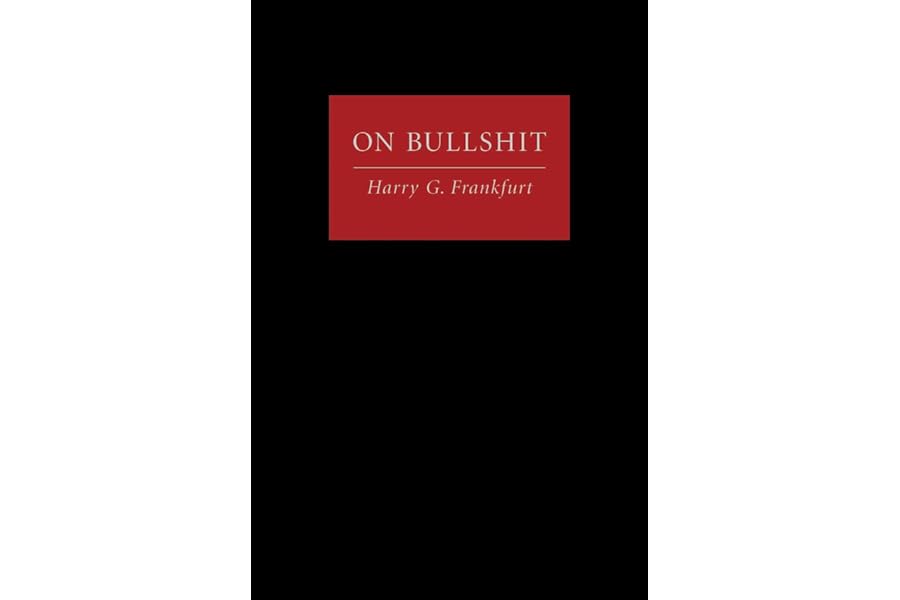One Sentence Summary:
A witty and thought-provoking analysis of the concept of “bullshit” and its impact on society.
Book Genre:
Non-fiction, philosophy
Main Topic of the Book:
The book explores the concept of “bullshit” and how it differs from lying, ultimately leading to an examination of the role of truth in our lives.
Key Ideas:
- Bullshit is distinct from lying, as it is not concerned with the truth.
- The rise of bullshit can be attributed to societal factors such as the ease of spread of information and the focus on personal beliefs over facts.
- The ability to distinguish between truth and bullshit is essential for the maintenance of a functioning society.
- Absolute freedom of speech can lead to an increase in bullshit.
- There is a moral responsibility to avoid contributing to bullshit in order to preserve the value of truth.
Main Parts of the Book and a Short Summary:
Introduction
The author introduces the concept of bullshit and distinguishes it from lying.
Chapter 1: On Bullshit
Frankfurt explores the essence of bullshit and how it relates to truth and lying.
Chapter 2: The Importance of What Matters
This chapter delves into the significance of truth in our lives and the potential consequences of an increase in bullshit.
Chapter 3: Bad Faith
The author discusses the impact of bullshit on our perception of ourselves and others, and the role of sincerity in avoiding bullshit.
Chapter 4: The Bullshitter
Frankfurt analyzes the character of the bullshitter and their motivations, as well as the impact of their actions on society.
Chapter 5: On the Value of Truth
This chapter delves into the importance of truth in maintaining a functioning society and preserving the value of language.
Key Takeaways:
- Bullshit cannot be simply categorized as lying or mistaken statements, but rather has its own distinct nature.
- The rise of bullshit in society can lead to detrimental consequences, including the erosion of truth and meaningful communication.
- There is a moral responsibility to combat bullshit in order to preserve the value of truth and maintain a functioning society.
Author’s Background and Qualifications:
Harry G. Frankfurt is an American philosopher and professor emeritus of philosophy at Princeton University. He specialized in moral philosophy, with a particular focus on free will, moral responsibility, and personal identity.
Target Audience:
This book is suitable for anyone interested in philosophy, language, and societal trends. It may also be beneficial for those looking to better understand the role of truth in our daily lives.
Publisher and First Publication Date:
Princeton University Press; first published in 2005.

